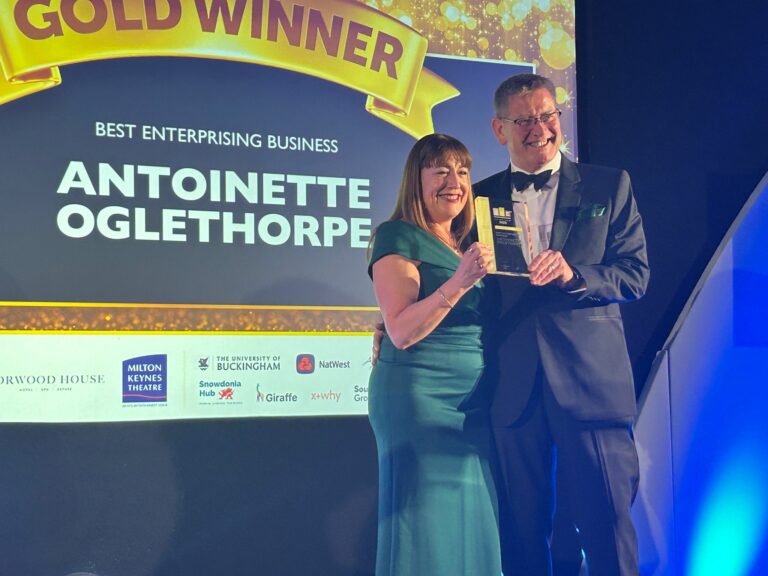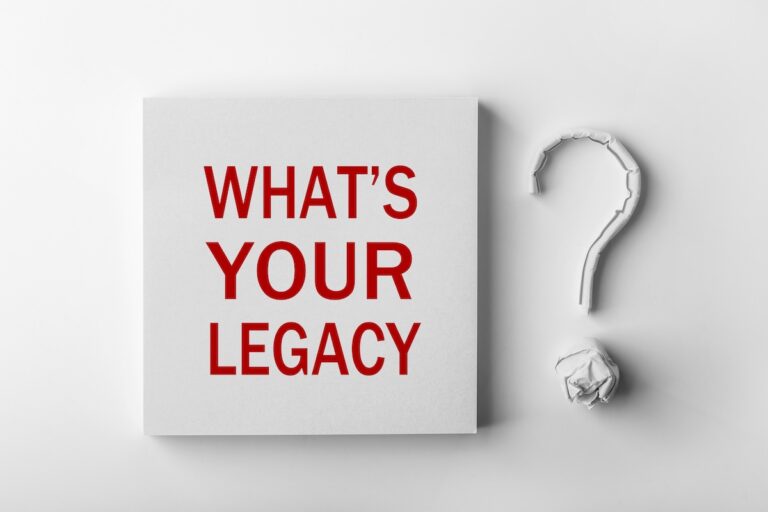Leadership is a huge subject surrounded by numerous theories. A recent search on Amazon revealed 160,194 books that have been written about the subject. That’s a lot of books! And a very long leadership development programme if you were to try and include all that they contain. So how do you determine the focus and the content of your leadership development initiative?
Leadership is about what you do and say
The reality is that leadership development is not about what people know or think. It is about what leaders do and how what they do impacts on others. Above all else, effective leadership is about influencing the behaviour of others. Business results, business change and business success all stem from the behaviour of individuals.
Think about the leaders you admire. What is it that you admire about them? If you’re thinking about someone you’ve worked with, are you thinking about a conversation you had with them? Maybe you’re thinking about how they reacted to bad news or dealt with a crisis. Maybe you’re thinking about the vision they shared and how they wanted you to be part of it. Maybe you’re thinking about some advice or ideas they gave you.
If you’re thinking about someone famous, are you thinking about a speech you heard them make? Maybe you have a favourite quote of theirs, maybe a particular achievement that they were responsible for.
It doesn’t matter which leader you’re thinking of. What you admire about them is their behaviour, their actions. Nelson Mandela didn’t just think abolishing apartheid was important, he took the action necessary to make it happen. Elon Musk isn’t just knowledgeable about business and technology, he used that knowledge to co-found PayPal and put Tesla Motors on a world stage. Richard Branson has set up over 200 companies in more than thirty countries.
Underneath all this might be plenty of knowledge and critical thinking. But that alone isn’t leadership. Leadership is behaviour, action – what you do and say. Leadership is influence – how what you do and say inspires others to act. And leadership is impact – how the actions of those you influence make a difference.
Leadership is influence
The challenge for any leader is to influence the behaviour of those people who are key to delivering the business results. That might be the behaviour of the people who report directly. It might be the behaviour of the senior management who work alongside. It might be the behaviour of the board, the Chairman or other stakeholders. Or it might be the behaviour of clients, partners, suppliers or other third parties. The key challenges the leaders I work with have are:
-
Influencing the board/leadership team
-
Influencing the board/leadership team
-
Managing the performance of the managers who report to them
-
Working in partnership/collaboration with other parties
-
Resolving conflicts & difficulties between two or more employees in their team
-
Motivating and developing a team that has been through significant change and uncertainty.
Ultimately the only way a leader can influence others behaviours is through their own behaviour i.e. what they say and what they do. So, while there is a place for leadership theories and indeed the theories of influencing, performance management etc, a truly effective leadership development programme will help leaders develop the practical skills, tools and techniques to help them influence the behaviour of others in the way that is needed to deliver business results.
As a Finance Director said to me recently “My role is 20% Finance and 80% psychology. It’s all about relationships”. He went on to thank me for what he had learnt while on a leadership development programme I designed and delivered, specifically for the “Techniques that I can apply and use in my working environment. It’s given me the confidence to effect change. It’s also helped me to identify some key issues that are affecting the teams I lead and give me some practical tools and strategies to tackle them.”
So when thinking about your own leadership development initiative, don’t stop at knowledge and theories. Take it one step further and focus on developing the skills and behaviours that will allow participants to put leadership into action.
Take Action
Do you want to develop your leaders and address these challenges? If so, there’s no better start than my eBook, LEADER – Develop remarkable leaders who deliver amazing results.
In just a few pages you’ll discover six practical strategies for developing your leadership talent. You can download the report by clicking the button below
[button size=’large’ style=” text=’Download your free LEADER ebook here >>’ icon=” icon_color=” link=’/LEADER-ebook’ target=’_self’ color=” hover_color=” border_color=” hover_border_color=” background_color=” hover_background_color=” font_style=” font_weight=” text_align=” margin=”]




1 thought on “Leadership development is not about what people know or think”
Hi Antoinette
It is a huge subject and with so many different theories and everyone seems to have there own views.
I have read number of these books. However my own experience came from The Royal Air Force. i spent 22 years and 15 of those years were spent as a Non Commissioned Officer.
The 15 years in the role of an NCO taught me a number of things about leadership.
The number one quality is respect for the people that you lead.
Like many others I could write a book.
However, trying to keep the comment short I will say that in simple terms that leadership is like a 3 legged stool.
1. Authority- Having the official capacity to command and control
2. Setting an example
3 Having the knowledge
Many leaders that I came across both in the Military and outside could only use their authority to get things done. this way of doing things has the potential to be disastrous. as there is only one leg being used of the stool. However if you based leadership on the 3 legs of the stools then you stand a greater chance of becoming a respected leader. There is a lot more to it than that
From my experience in civilian life many leaders confuse leadership with management.
I work on the premise that you lead people and manage things.
The other premise I work on is that to be a good leader then you also have to have learnt to be a good follower.
I wholeheartedly agree that leadership begins from within and you must lead yourself first.